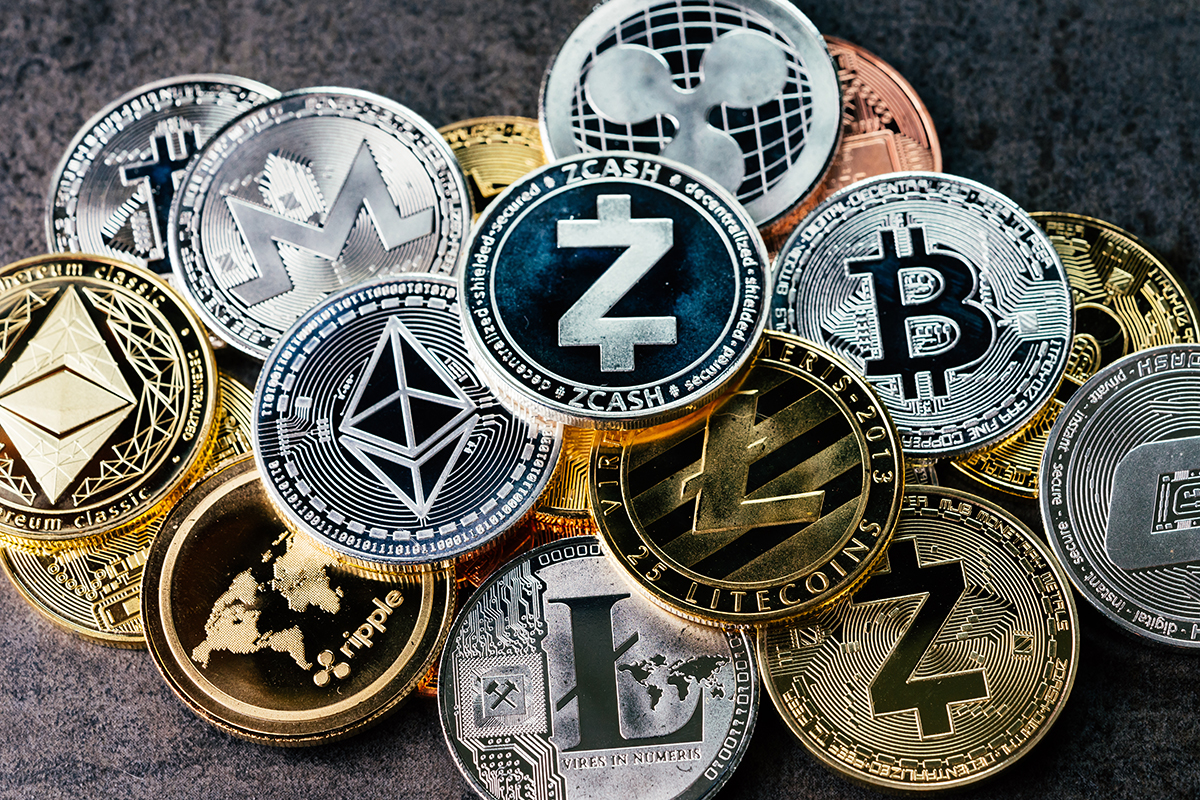What Is Cryptocurrency?

Cryptocurrency is a massive subject, and it’s possible to discuss many different angles. This article will be a brief introduction to what cryptocurrency is, and what makes it different from, say a US dollar.
Both the US and Canadian dollars are “Fiat” currencies. That means they are backed by the federal governments in office, and people also pay taxes in the same currency. You cannot trade in a 20-dollar bill for $20 worth of gold or silver—not anymore, anyway. Currencies are traded in the market, and the price fluctuates, but governments also influence the economy in a country (like interest rates) which in turn influences the value of the currency.
Cryptocurrency is not centralized or backed by any government nor by any commodity like gold or silver. It is a digital currency that anyone can send to or receive from anyone in the world without a middle man.
It is a difficult concept to grasp, so let’s look at an example. If a business wants to pay a consultant for a service rendered, the business could send, for example an etransfer or pay through PayPal. If you send an etransfer, you have to have money in a bank and you send it to the other party’s account in whatever bank his or her money is. The bank charges something for having money in your bank account and other services the bank provides and may or may also charge a fee on the transfer.
If you send money through PayPal or a similar service, then you may or may not pay a fee on the transaction. However, even if you don’t see a fee was charged, there may still be an invisible fee. If PayPal or any other similar service takes a few days to complete the transaction, that service makes money or interest on the float or the time it has the money in their hands before they deliver it to where the cash is going.
You could also drive or walk or bike across town and pay someone in cash. But unless you keep cash under your mattress, then a bank is involved somewhere along the line.
Cryptocurrencies do not rely on any third-parties to do any transactions. There are no banks holding the currency. The individual holds the currency. There are no middlemen; anyone can send currency to anyone anywhere. There are no governments backing the currency saying it has any value or influencing its value, so, cryptocurrency is said to be “decentralized.”
So, cryptocurrency is a risky investment, but those who like the idea of having 100 percent control of the currency with no other centralized influence, find it very attractive. If you have ever sent someone a large, cross-border bank wire, then you will understand that banks ask a lot of questions. Cryptocurrency transactions are not monitored the same way which adds to their allure.
The fluctuating price of cryptocurrency is driven mainly by supply and demand and the cost of production (mining) but does not have the same influences on its price as regular currencies. Bitcoin is the one you may have heard of, but there are many others, as well.
Noah Belcher is an Investment Advisor with iA Private Wealth Inc., and is a CERTIFIED FINANCIAL PLANNER® professional and a Chartered Investment Manager (CIM®), who helps his clients achieve their financial goals and objectives. He offers personalized solutions and stellar customer service to clients with complex tax profiles who require top-notch advice.
If you have any questions about this article or would like to talk to him about your financial profile, call his office at (604) 535-3454.
This information has been prepared by Noah Belcher who is an Investment Advisor with iA Private Wealth Inc. Opinions expressed in this article are those of the Investment Advisor only and do not necessarily reflect those of iA Private Wealth. The information contained herein may not apply to all types of investors. iA private Wealth Inc., is a member of the Canadian Investor Protection Fund and the Investment Industry Regulatory Organization of Canada.


